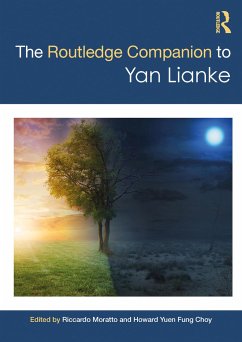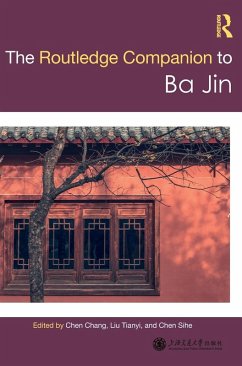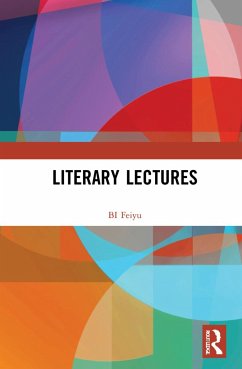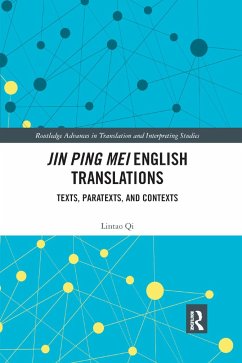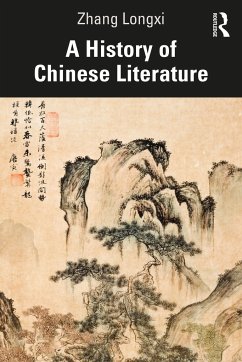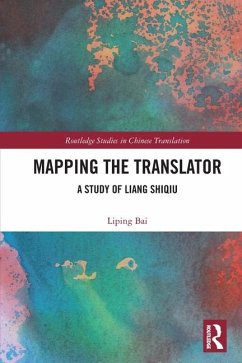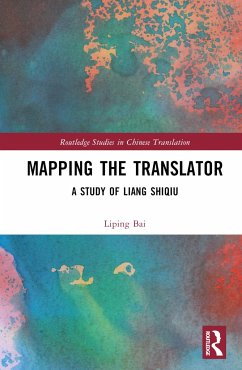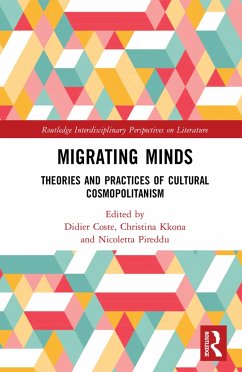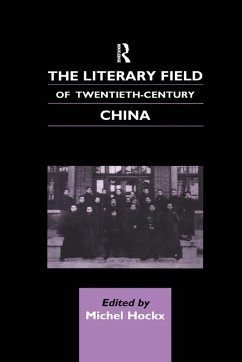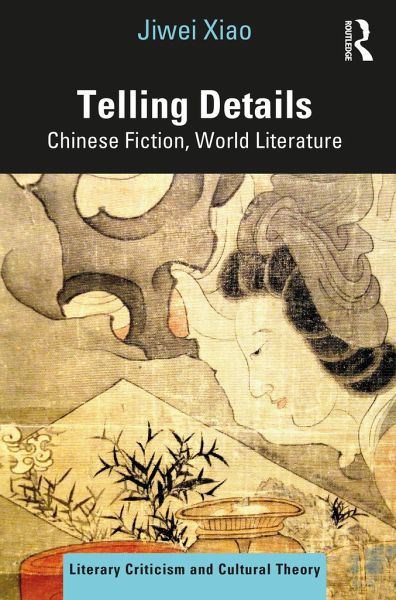
Telling Details
Chinese Fiction, World Literature
Versandkostenfrei!
Versandfertig in 6-10 Tagen
46,99 €
inkl. MwSt.
Weitere Ausgaben:

PAYBACK Punkte
23 °P sammeln!
What is a detail? How is it different from xijie, its Chinese counterpart? Is "reading for the details" fundamentally different from "reading for the plot"? Did xijie xiaoshuo, the Chinese novel of details, give the world its earliest form of modern fiction? Inspired by studies of vision and modernity as well as cinema, this book gazes out on the larger world through the small aperture of the detail, highlighting how concrete literary minutiae become "telling" as they reveal the dynamics of seeing and hearing, the vibrations of the mind, the complexity of the everyday, and the imperative to re...
What is a detail? How is it different from xijie, its Chinese counterpart? Is "reading for the details" fundamentally different from "reading for the plot"? Did xijie xiaoshuo, the Chinese novel of details, give the world its earliest form of modern fiction? Inspired by studies of vision and modernity as well as cinema, this book gazes out on the larger world through the small aperture of the detail, highlighting how concrete literary minutiae become "telling" as they reveal the dynamics of seeing and hearing, the vibrations of the mind, the complexity of the everyday, and the imperative to recognize the minute, the humble, and the hidden. In a strain of masterpieces of xijie xiaoshuo, such details play a key role in pivoting the novel from didacticism towards a capacious modern form.
Examining the Chinese detail as both a common idiom and a unique concept, and extrapolating it from individual works to the culture at large, reveals under-explored areas of the Chinese novel: its psychological depths, its connections with other genres and forms, its partaking in Chinese material life and capitalist modernity, as well as repressions and difficulties surrounding its reception in national and international contexts. With carefully chosen case studies, Xiao's book not only exemplifies the value of deep reading in approaching complex works of Chinese fiction as world literature, it also throws light on the aesthetics and politics of "the unseen," which has become central to a humanist tradition that flows across literature, cinema, and other art forms.
Examining the Chinese detail as both a common idiom and a unique concept, and extrapolating it from individual works to the culture at large, reveals under-explored areas of the Chinese novel: its psychological depths, its connections with other genres and forms, its partaking in Chinese material life and capitalist modernity, as well as repressions and difficulties surrounding its reception in national and international contexts. With carefully chosen case studies, Xiao's book not only exemplifies the value of deep reading in approaching complex works of Chinese fiction as world literature, it also throws light on the aesthetics and politics of "the unseen," which has become central to a humanist tradition that flows across literature, cinema, and other art forms.





